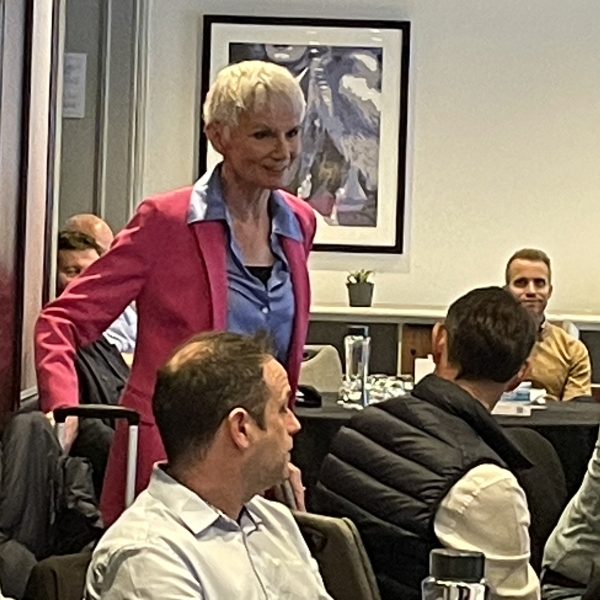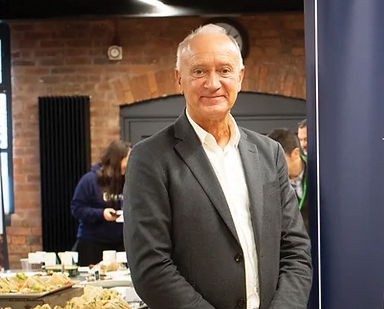Operators have proven themselves committed to inperson player protection, argues Bacta’s John White, who insists that the costs associated with digital player tracking presents the industry with nothing short of an “existential threat”.
Bacta has laid out its provisional position on the issue of increased player protection measures on selected category B machines.
Two weeks ago the Gambling Commission fleshed out its motive behind an ongoing call for industry evidence regarding the potential effectiveness of player-tracking features being introduced on both B1 and B3 games, alongside the suggestion that there were “clear incentives” on offer for operators in exchange for their compliance in such a move. But Bacta’s chief executive John White has countered this assertion in the strongest of terms, arguing that an obligatory step towards player-tracking could place the long-term future of the low-stakes gaming and amusements sector at risk.
“Our position on player tracking is clear: the capital cost for introducing it and the ongoing loss of revenue (based on the Commission’s own research) poses an existential threat to the industry,” he told Coinslot. “We would also question the value of the data player tracking generates.”
Meanwhile, one of the supposed industry “gains” the regulator has dangled before industry stakeholders has been the prospective utility of drawing on player-tracking data to better tailor in-game bonuses and other digital content to individual players, a point that White conceded “would be of interest” to operators. However, he remained highly skeptical as to the effectiveness of these technologies in mitigating problem gaming – insisting problem play was a human issue better dealt with on human terms.
“It is people that interpret player behaviour and it is people that need to make careful, nuanced and appropriate interventions if someone is suspected of problematic play – not software,” he told us. “We already have well-trained people employed in our industry who do just that on a daily basis.”
Not withstanding, White also responded to the Commission’s claim that it had seen “little evidence of a clear and coherent commitment” on social responsibility from the industry by pointing to BACTA’s recent Social Responsibility Exchange event last November, not to mention its ongoing “More than a Game” training association and the recent launch of social responsibility messaging on B3 machines in conjunction with the Bingo Association.
Furthermore, White warned of “a huge danger” in drawing comparisons between B2 and B3 machines. In just this fashion last month, the Commission claimed that its data supported the view that the risks associated with FOBTs and B3s were “broadly similar,” and doubled-down by inferring that after April, B3s would soon “offer the same maximum stake level as B2s but at eight times the speed of play and without the same level of built-in player protections.”
But White was adamant that these were “incorrect inferences,” as the two machine types “are completely different products.” “Speed of play comparisons have been based on the assumption that B3 slots operate at the minimum permitted speed, set in technical standards, whereas actual game time is longer as players receive and play features in the game and RTPs are not standard across products.” he said. “This extends the time they are interacting with the game and changes the maths used to draw comparisons between the two products.”
This article was originally published on www.coinslot.co.uk




